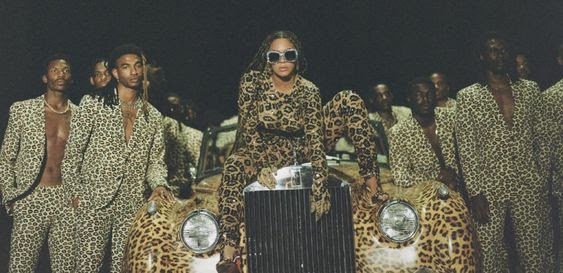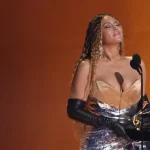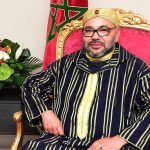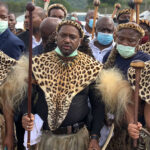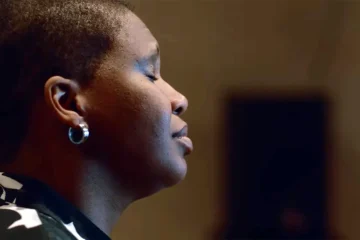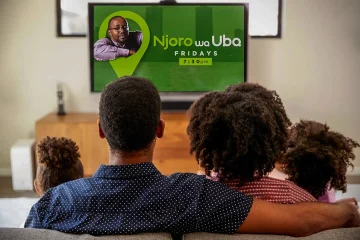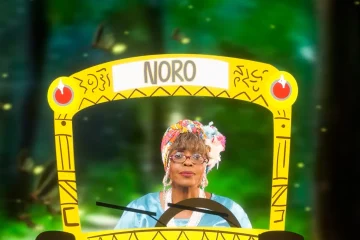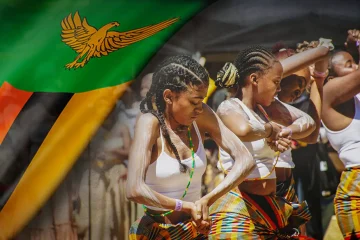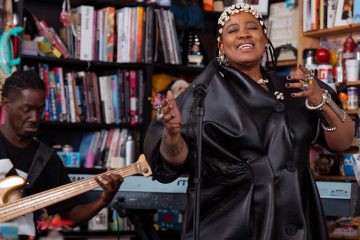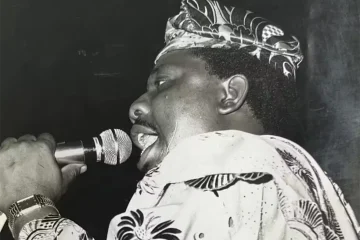MPHO RANTAO
BLACK is King, Beyonce’s much anticipated visual album which features a high number of Africans, is out to much acclaim and some criticism.
On the evening of 1 August 2020, fans across the world saw the premiere of the long-awaited visual accompaniment of ‘The Lion King: The Gift’ – an audio album curated and produced by Beyoncé and popular black and brown voices all made into a 1 hour 30-minute long film titled “Black is King”.
Viewers on the streaming network Disney+ or on DSTV were treated to the modern retelling of Simba’s journey through Nigerian actor Folajomi Akinmurele (as the Simba the cub), South African actor Nyaniso Dzendze (as the adult Simba), and fellow South Africans Nandi Madida as Nala and Warren Masemola as main antagonist Scar. The late Mary Twala also starred in the film in what would be her last acting role.
The entire film is narrated by Beyoncé, featuring poetry by Yrsa Daley-Ward, with voice clips from James Earl Jones as Mufasa and John Kani as Rafiki.
The artistic faces in the film included R&B singer Kelly Rowland, Jessie Reyez, Naomi Campbell, Lupita Nyong’o, models Adut Akech and Aweng Chuol, as well as Beyoncé and Jay-Z’s oldest daughter Blue-Ivy Carter.
Some of the African musical faces in the visual included Nigeria’s Mr Eazi; Tiwa Savage, Wizkid and Yemi Alade; Cameroon’s Salatiel, Ghana’s Shatta Wale and South Africa’s Busiswa and Moonchild Sanelly.
The entire visual of “Black is King” is the star-studded retelling of an African-American woman who represents the community of the African diaspora who are working to reclaim their African identity.
The story of the search for one’s African identity is told not only through the fictitious tale of “The Lion King”, but also through the costumes representing Africa’s diverse spirituality, as well as the locations and the songs performed.
The film celebrates the strength that exists in black men and women who are painted in a different, often negative light in the media, whether in movies, news or social media.
It assists in dismantling the stereotypes and generalisation regarding the various African identities that exist in the history of humankind and the contemporary age.
The film pays tribute to as many African cultures as possible – paying close homage to North, West and Central African culture through the costumes.
To some, this film is a love song to their African origins and their black skin – the visible affirmation of black beauty and power in a world where black skin is often not appreciated or acknowledged.
The film gives viewers that physical affirmation through songs like ‘Find Your Way Back’, ‘Already’ and ‘My Power’ and ‘Brown Skin Girl’, which are already popular off the audio album ‘The Lion King: The Gift’.
The creativity and vision put together by Beyoncé, Ghanaian filmmaker Blitz Bazawule, Nigerian-British director Jenn Nkiru and South Africa’s Trevor Stuurman showcases the immense (and in some cases unknown) talent possessed by black and brown people in a creative industry that is still widely-dominated by white creatives and voices, but are uplifted by a voice as powerful as Beyoncé’s.
The original 1998 animated Lion King film created by Disney featured a number of white voices behind the characters of Simba, Nala, and Scar.
The heavily-promoted 2019 live action remake featured famous black actors behind the characters which included musician Childish Gambino, Alfre Woodard, John Kani, James Earl Jones (who voiced Mufasa in both films) and Beyoncé.
Some Africans were disappointed with the representation in “Black is King”, with one Nigerian pointing out that “Africa doesn’t just have one culture and that we are normal people”.
This view can be related to the common, amalgamated, Wakanda-esque view of Africa,
instead of it being seen as a continental pot of culture that brews the diversity represented by Africans in every corner of the continent and other parts of the world.
Other Africans were singing their praises for the actors, costumes and set design, calling the film “A visual masterpiece on the power of one’s black identity” on social media.
Vox’s Allegra Frank wrote that the film showed viewers that “Africa is no singular entity…Africa is the motherland of all shades of Blackness. And through these gorgeous frames, each on an art piece of its own, she (Beyoncé) says: “Everything the light touches is our kingdom”.
ADVERTISEMENT

